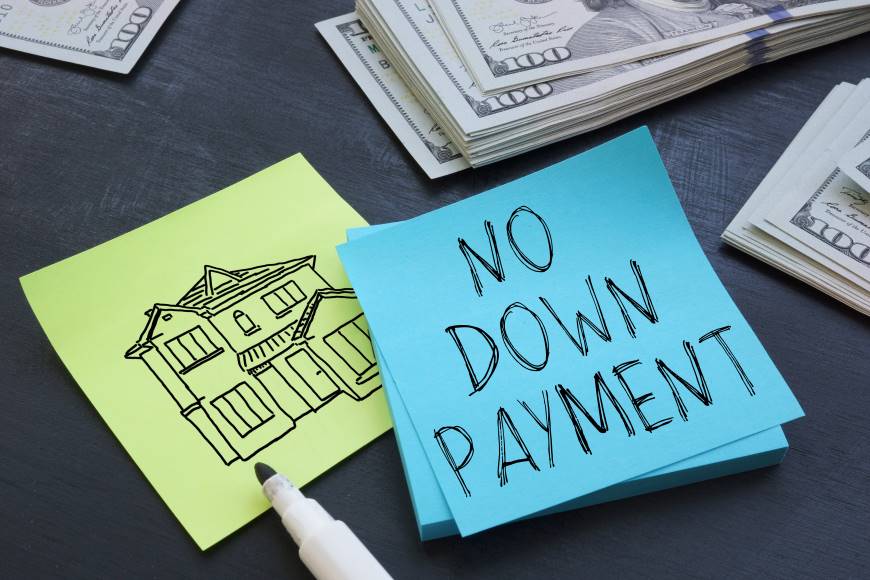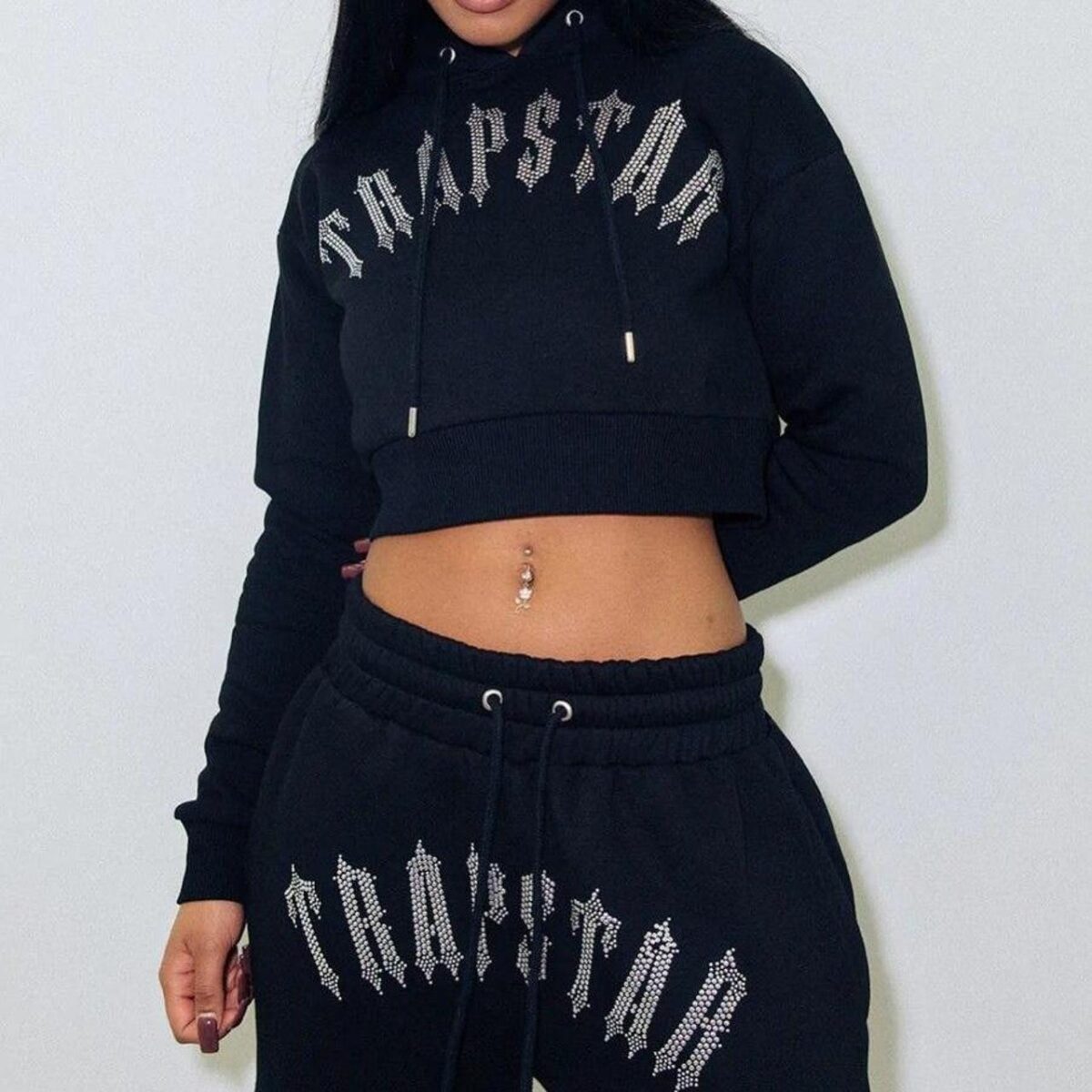Zero Down Payment Mortgages: What’s the Catch?
Dreaming of homeownership but struggling to save for a down payment? A zero down payment mortgage might seem like a golden ticket. But before you jump in, it’s crucial to understand the nuances.

In this guide, we’ll delve into what these mortgages entail, their advantages and drawbacks, eligibility criteria, and how to avoid potential pitfalls.
What Lenders Mean by “Zero Down”
A zero down payment mortgage allows you to finance 100% of the home’s purchase price. This means no upfront cash is required at closing. However, while the down payment is waived, other costs like closing fees, property taxes, and insurance still apply. Additionally, these loans often come with higher interest rates and may require mortgage insurance.
Pros and Cons of Zero Down Payment Mortgages
Advantages
- Immediate Homeownership: Skip the lengthy saving process and move into your new home sooner.
- Preserve Savings: Keep your funds intact for emergencies or other investments.
- Accessibility: Ideal for first-time buyers or those with limited savings.
Disadvantages
- Higher Monthly Payments: With a larger loan amount, expect increased monthly obligations.
- Potential Negative Equity: Owing more than the property’s value can be risky if market values decline.
- Stricter Approval Criteria: Lenders may impose higher credit score and income requirements.
_
- Additional Costs: Mortgage insurance premiums and higher interest rates can add to expenses.
Credit Score Requirements
While zero down payment home loans are accessible, they often come with specific credit score criteria:
- VA Loans: No official minimum credit score; however, many lenders prefer a score of 620 or higher.
- USDA Loans: Typically require a minimum score of 640, though some lenders may accept lower scores.
- Conventional 97 Loans: Require a minimum credit score of 620.
Maintaining a good credit score can enhance your chances of approval and secure better loan terms.
Best Mortgage Lenders for Zero Down Payment
Several reputable lenders offer mortgages with no down payment:
- Rocket Mortgage: Known for its streamlined online application process and competitive rates.
- Veterans United: Specializes in VA loans, offering 100% financing for eligible veterans and active-duty service members.
- NBKC: Offers USDA loans with flexible credit requirements and low fees.
- First Federal Bank: Provides FHA loans with low down payment options and personalized service.
It’s advisable to compare offers from multiple lenders to find the best fit for your financial situation.
FHA vs. USDA vs. VA: A Quick Comparison
| Loan Type | Down Payment | Credit Score | Income Limits | Mortgage Insurance |
| FHA | 3.5% | 580+ | No | Yes |
| USDA | 0% | 640+ | Yes | Yes |
| VA | 0% | None | No | No |
Each loan type has its unique benefits and eligibility criteria. Choosing the right one depends on your personal circumstances and financial goals.
Avoiding Predatory Lending
While zero down payment mortgages can be advantageous, it’s essential to be cautious:
- Watch for High Fees: Some lenders may charge exorbitant fees disguised as “processing” or “administrative” costs.
- Beware of Balloon Payments: Ensure you understand the loan’s repayment structure to avoid large lump-sum payments later.
- Read the Fine Print: Always review the loan agreement thoroughly and seek clarification on any unclear terms.
- Consult a Professional: Consider seeking advice from a financial advisor or housing counselor to navigate complex loan terms.
FAQs from a User’s Perspective
Q1: Can I get a zero down payment mortgage with bad credit?
While some programs like VA loans have flexible credit requirements, most lenders prefer a credit score of at least 620. Improving your credit score can increase your chances of approval.
Q2: Are there any income limits for zero down payment loans?
Programs like USDA loans have income limits based on household size and location. It’s essential to check the specific requirements of each program.
Q3: Can I use a zero down payment mortgage for a second home or investment property?
Typically, these loans are intended for primary residences. Using them for second homes or investment properties may not be permitted.
Q4: How can I qualify for a zero down payment mortgage?
Eligibility depends on the loan program. Generally, you’ll need to meet credit, income, and property location requirements. Consult with a lender to determine your eligibility.
Final Thoughts
A zero down payment mortgage can be a valuable tool for aspiring homeowners, especially those with limited savings. However, it’s crucial to weigh the benefits against the potential drawbacks. Thoroughly research your options, understand the terms, and consult with professionals to make an informed decision. Remember, homeownership is a significant commitment—ensure you’re fully prepared for the responsibilities it entails.
Also Read : https://www.hituponviews.com/co2-vs-diode-lasers-know-pros-and-cons/
Visit on “https://www.carolinahomemortgage.com/”










